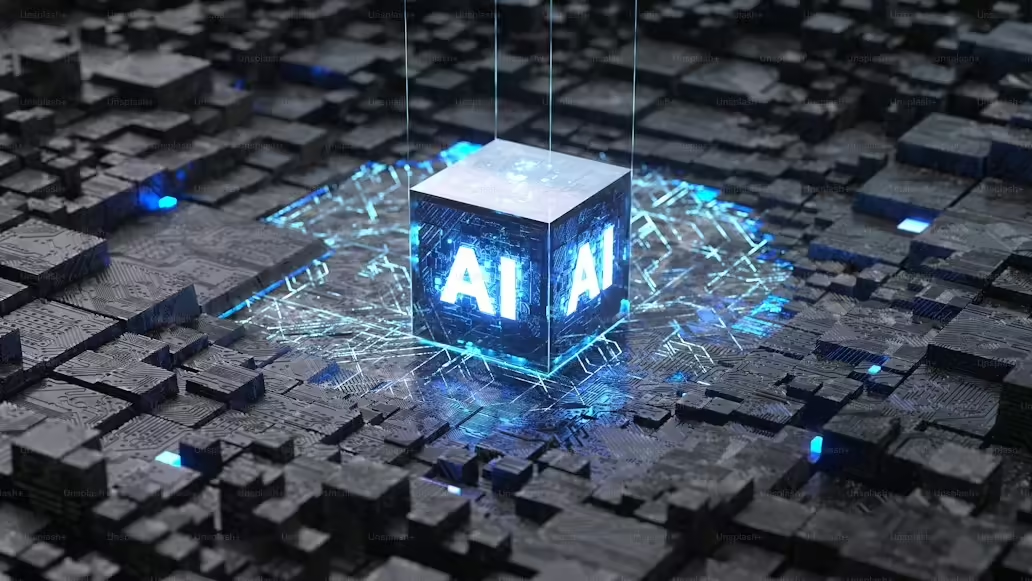AI is a technology that enables computers and machines to simulate human learning, comprehension, problem-solving, decision-making, creativity, and autonomy (IBM, 2024). It is one of the most revolutionary technological innovations of the twenty-first century. It has completely changed several industries, including healthcare, banking, education, entertainment, transportation, and many others. We have been using AI in our daily lives to such an extent that it has not only become an essential part of our lives but has also made our lives simpler and easier. The impact AI had worldwide is unquestionable.
PROS
- 24/7 availability: According to a study by NCAER (National Council of Applied Economic Research), an average Indian works eight to nine hours a day, whereas AI algorithms are available at all times. Machines can work throughout the day and night. For instance, many organisations use AI in their chatbots, and this helps in assisting customers even after office hours. Businesses can not only increase output with AI but also give customers a better experience compared to human labour.
- Unprecedented speeds: It is challenging for an individual to evaluate large, complicated information, find patterns, and get insights promptly. However, AI’s capability helps enterprises overcome this difficulty in just a few clicks. For instance, in the event of an epidemic, AI can examine patient information, and outbreak data far more quickly than a human.
- Diminishes Human Error: It is natural for humans to make mistakes, but computers are programmed, to reduce, or not create those mistakes in certain areas. Since AI decisions come from compiled data with designed algorithms, errors are reduced, accuracy is increased, and precision is possible. However, it is that humans are responsible for designing and programming these algorithms.
- Repetitive tasks: AI can continuously do repetitive tasks, this frees up individuals to participate in more strategic activities. This not only boosts productivity and creativity in humans but also reduces the likelihood of errors associated with manual processes.
- Provides Digital Assistants: Nowadays many organisations use digital assistants for customer interactions. This action itself can significantly reduce the need for excessive customer service staff. For example, the rise in the use of chatbots already proves how useful AI can be in directing customers to the information needed. Another example is the rising voice bot that helps with queries.
CONS
- Lack of emotion and creativity: The lack of creativity means AI can’t create new solutions to problems or excel in any overly artistic field. One scientific paper concluded that at the present stage of AI development, it can be programmed to create “novel” ideas, but not original ones. This paper posits that until AI can create original and unexpected ideas, it won’t overtake humans in the ability to be creative, which means it will be hindered in its decision-making.
- Reduces Employment: While replacing repetitive jobs and other types of work with AI benefits a company, it will undoubtedly also affect employment. Traditional job roles will be phased away, leading to the unemployment of those who do them. While this may be seen as a sign of progress, workers will be shut out of many job opportunities that once existed.
- Increases Potential for Human Laziness: Relying too much on machines and digital assistants could increase our dependency on AI which could potentially make us lazier, and lose our human touch, we might end up using our brains less to remember, plan, and solve problems independently. If this trend continues uncontrolled, it could have significant impacts on future generations. AI is a great tool with numerous benefits, but we need to stay mindful of its progress, ensuring it remains a tool that helps us rather than something that controls us and becomes a risk.
- Privacy and Data Security Concerns: For any AI system to work well, it requires data. But as it is, digital concerns have been raised regarding data security and privacy. There is a chance of sensitive information being misused, being hacked, and data breaches due to the vast gathering and processing of personal data.
- AI-related scams: As technology develops, con artists use it more to exploit and deceive unsuspecting victims. The most prevalent AI scams include deep-fake videos that appear as “real people” for malicious purposes and voice cloning, in which con artists imitate a loved one urgently demanding money. AI-generated photos are more common nowadays in social media profiles, which leads to identity theft or romantic fraud among others. Phishing attempts have also increased over time, AI has been used to create messages that seem genuine and trick victims into disclosing private information. In today’s digital environment, awareness and alertness are essential for safeguarding oneself against these always-changing risks.
While the appeal of AI’s benefits such as increased efficiency, precision, and adaptability are strong, it’s important not to overlook the potential downsides related to unemployment, privacy, and ethical issues, among others. One thing is clear, AI is here to stay, so we must approach it with a balanced mindset, maximising its advantages while minimising its potential risks.
REFERENCES
- Prianto, Y., Sumantri, V. K., & Sasmita, P. Y. (2020). Pros and cons of AI robots as a legal subject. Proceedings of the Tarumanagara International Conference on the Applications of Social Sciences and Humanities (TICASH 2019). https://doi.org/10.2991/assehr.k.200515.067
- The Rise of AI-Enhanced Scams., Central banks
- Stryker, C., Kavlakoglu, E. (2024) What is artificial intelligence (AI)?. International Business Machines.
- Baruah, P., Wankhar, DL. (2023). Indians do work long hours. National Council of Applied Economic Research. The Hindu Business Line.
Article by: Anita Antony, Intern (Batch 2024)
